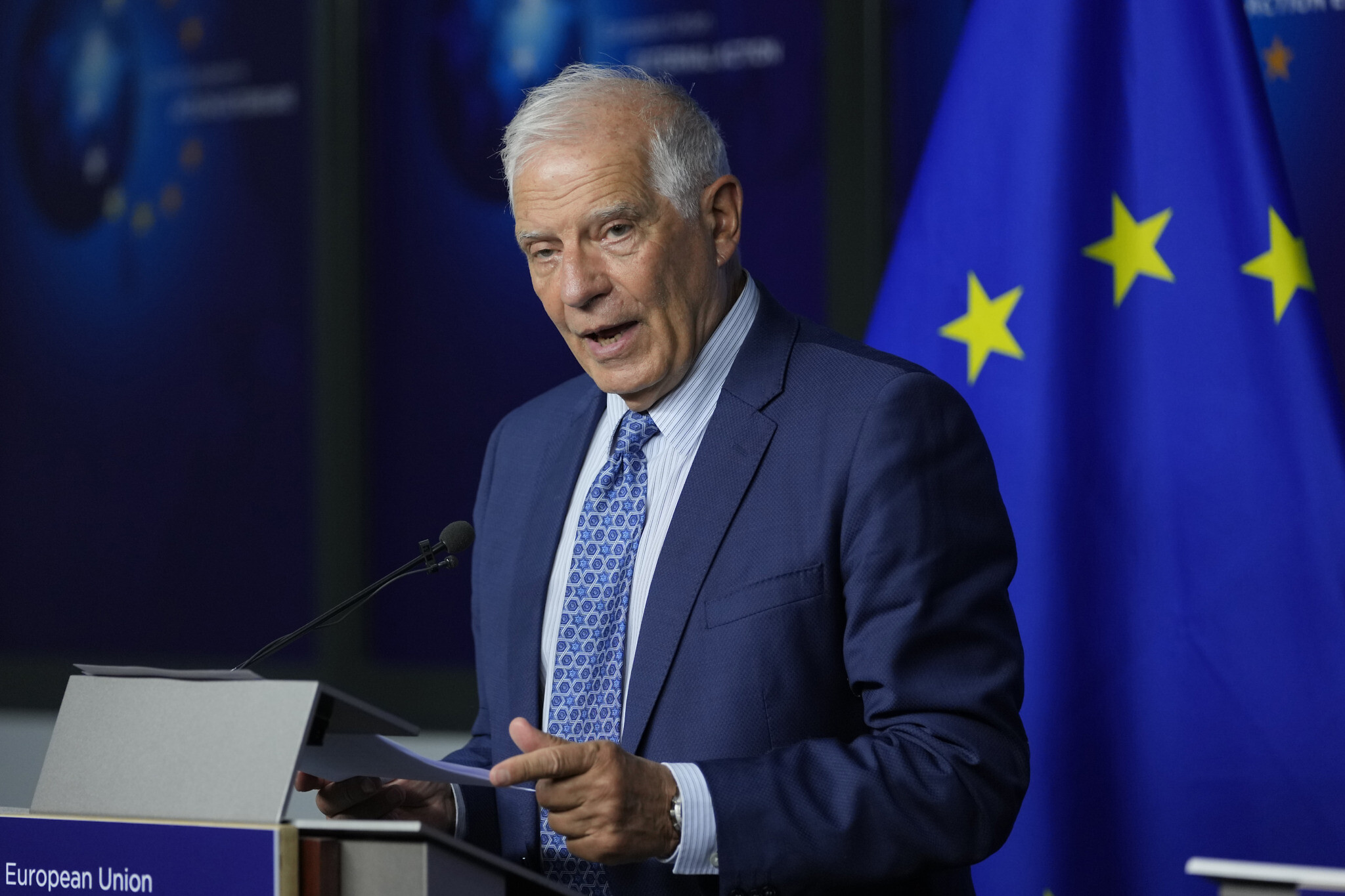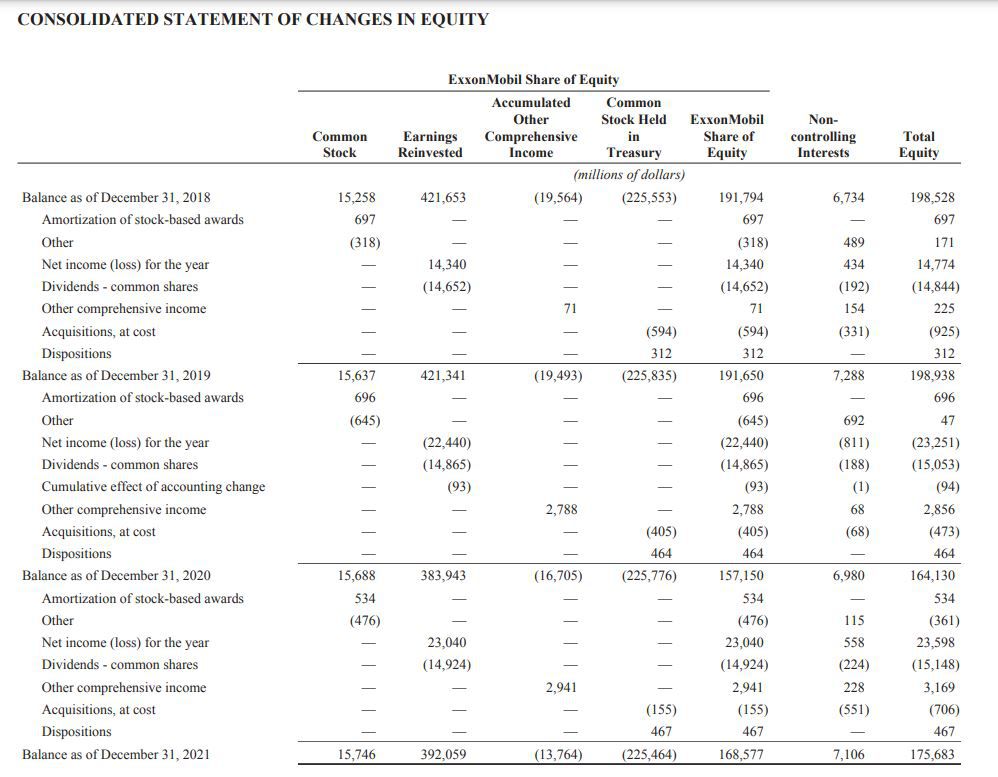U.S.-Iran Nuclear Talks: Stalemate On Key Issues

Table of Contents
Sanctions Relief Remains a Major Hurdle
A primary sticking point in the U.S.-Iran nuclear talks centers on sanctions relief. Iran views the lifting of crippling economic sanctions as a non-negotiable precondition for returning to full compliance with the JCPOA. They argue that the U.S. withdrawal from the agreement and the subsequent reimposition of sanctions have severely damaged their economy, and that restoring the original terms is essential to building trust.
The U.S., however, remains hesitant about the scope and speed of sanctions relief. Concerns exist about verifying Iranian compliance with any limitations on its nuclear program and ensuring that sanctions relief doesn't inadvertently fund destabilizing activities. The complexities of international banking and financial regulations further complicate the matter. Verification mechanisms need to be robust enough to prevent Iran from circumventing any agreements.
- Specific sanctions that are contentious: Sanctions targeting Iran's oil exports, its access to the international banking system (SWIFT), and its revenue from key industries remain major points of contention.
- The role of international banking and financial institutions: The reluctance of international banks to engage with Iran due to fears of secondary sanctions poses a significant challenge to any sanctions relief package.
- Potential for phased sanctions relief: The U.S. has suggested a phased approach to sanctions relief, contingent upon verifiable steps by Iran to curb its nuclear activities. However, Iran has largely rejected this proposal.
Iran's Nuclear Program Advancement
Since the U.S. withdrew from the JCPOA in 2018, Iran has steadily advanced its nuclear program. This advancement is a major source of concern for the international community. Iran's enrichment capabilities have increased significantly, raising anxieties about its potential to produce a nuclear weapon much faster than previously estimated. While Iran insists its nuclear activities are for peaceful purposes, its justifications have not fully allayed global concerns.
- Specific advancements in enrichment technology: Iran has significantly increased its stockpile of enriched uranium and improved its enrichment capabilities, moving closer to the levels needed for weapons development.
- Stockpile of enriched uranium: Iran's current stockpile of enriched uranium far exceeds the limits set under the JCPOA.
- Concerns about breakout time: The reduced "breakout time" – the time it would take Iran to produce enough fissile material for a nuclear weapon – is a primary concern for the international community.
Regional Security Concerns and Proxies
Iran's regional influence and support for various armed groups represent another significant hurdle. Its activities in countries like Yemen, Syria, Lebanon, and Iraq are seen by the U.S. and its allies as destabilizing and a threat to regional security. These actions are inextricably linked to the nuclear talks, as the U.S. wants assurances that any sanctions relief will not be used to fund these proxies.
- Specific regional conflicts where Iran plays a role: Iran's support for Houthi rebels in Yemen, the Assad regime in Syria, and Hezbollah in Lebanon are prominent examples of its regional involvement.
- U.S. concerns about Iranian ballistic missile program: The U.S. is also concerned about Iran's ballistic missile program, viewing it as a threat to regional stability.
- The role of regional powers in mediating or exacerbating tensions: Regional players like Saudi Arabia and Israel play a crucial role, often exacerbating rather than mediating existing tensions.
Verification and Monitoring Mechanisms
Establishing robust verification mechanisms is critical to ensuring compliance with any agreement. However, achieving this presents significant challenges. Past experiences with Iran's lack of transparency regarding its nuclear program have fueled mistrust. The role of the International Atomic Energy Agency (IAEA) in monitoring Iran's nuclear activities is crucial but complicated by access limitations.
- Specific challenges in accessing Iranian nuclear sites: Iran's history of restricting access to its nuclear facilities makes effective monitoring difficult.
- Data transparency issues: Iran's unwillingness to provide complete and accurate data about its nuclear program undermines trust.
- The potential for renewed IAEA inspections: The restoration of a comprehensive IAEA inspection regime is essential for ensuring transparency and accountability.
The Future of U.S.-Iran Nuclear Talks – A Path Forward?
The stalemate in the U.S.-Iran nuclear talks stems from several interconnected factors: sanctions relief, Iran's nuclear advancements, regional security concerns, and verification challenges. These issues pose significant risks to regional and global security. Several scenarios are possible: a complete breakdown of talks, a resumption of negotiations with substantial concessions from both sides, or a prolonged period of uncertainty. The path forward requires a delicate balance of pressure and diplomacy.
Stay updated on the latest developments in the U.S.-Iran nuclear talks by following reputable news sources and engaging in informed discussions about this critical issue. The future of this complex negotiation will significantly impact global security and requires continuous monitoring and engagement.

Featured Posts
-
 Mntda Abwzby Llabtkar Fy Mjal Elaj Alamrad Almzmnt Wtwl Alemr
Apr 28, 2025
Mntda Abwzby Llabtkar Fy Mjal Elaj Alamrad Almzmnt Wtwl Alemr
Apr 28, 2025 -
 Espns Bold Prediction Red Sox 2025 Season Outlook
Apr 28, 2025
Espns Bold Prediction Red Sox 2025 Season Outlook
Apr 28, 2025 -
 Understanding Chinas Quiet Tariff Exemptions For Us Goods
Apr 28, 2025
Understanding Chinas Quiet Tariff Exemptions For Us Goods
Apr 28, 2025 -
 Betting On The Nascar Jack Link 500 At Talladega Superspeedway In 2025
Apr 28, 2025
Betting On The Nascar Jack Link 500 At Talladega Superspeedway In 2025
Apr 28, 2025 -
 Decoding Musks X Debt Sale What The New Financials Tell Us
Apr 28, 2025
Decoding Musks X Debt Sale What The New Financials Tell Us
Apr 28, 2025
